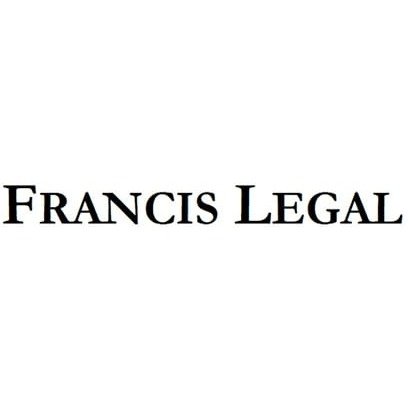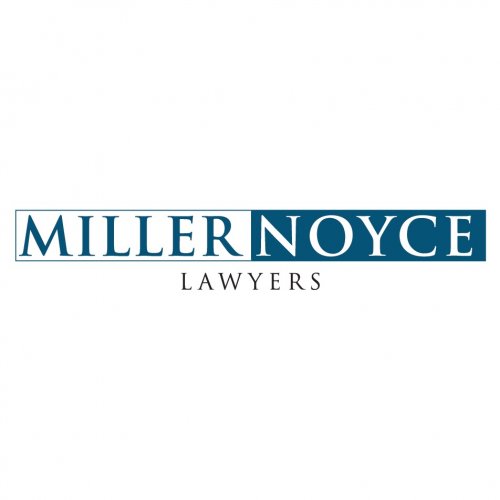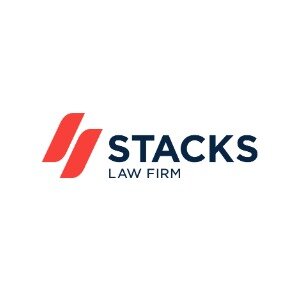Best Franchising Lawyers in Hornsby
Share your needs with us, get contacted by law firms.
Free. Takes 2 min.
List of the best lawyers in Hornsby, Australia
About Franchising Law in Hornsby, Australia
Franchising in Hornsby, Australia, operates under the Franchising Code of Conduct, a mandatory industry code laid down by the Competition and Consumer Act 2010. This code is designed to protect and regulate relations between franchisees and franchisors, offering guidelines on their rights and obligations. This includes aspects such as disclosure, cooling-off periods, dispute resolution, and ending a franchise agreement.
Why You May Need a Lawyer
In the world of franchising, legal assistance is commonly sought in a variety of situations. For example, if you're considering investing in a franchise, a lawyer can guide you through the legal implications and components of the franchise agreement. If you're an existing franchise owner confronting disputes or disagreements with your franchisor, a lawyer can provide advice and strategy on resolution. Franchisors may also need legal services when preparing franchise agreements, navigating regulations, or dealing with alleged breaches or disputes.
Local Laws Overview
Hornsby franchising law is governed by the Franchising Code of Conduct, stipulating that franchisors need to provide a disclosure document, franchise agreement in its final form, and a copy of the Franchising Code itself to the franchisee before any agreement is signed. It establishes a seven-day cooling-off period for franchisees after signing to reconsider their investment. Transfer of ownership and termination of the franchise agreement are also outlined under the same code.
Frequently Asked Questions
1. What is a franchise agreement?
A franchise agreement is a legally binding document that outlines the terms and conditions of the franchise. It covers rights and responsibilities of both parties, duration of the franchise, renewal terms, amongst others.
2. Can a franchise agreement be terminated early?
A franchise agreement can be terminated early only under certain conditions specified in the agreement, which typically include breaches of contract or insolvency. In most cases, both parties must agree to terminate the agreement.
3. What happens if there’s a dispute between the franchisor and franchisee?
The Franchising Code of Conduct recommends mediation as a common method of dispute resolution. The Office of the Franchising Mediation Adviser (OFMA) can assist with appointing a mediator.
4. Is a lawyer necessary when buying a franchise?
Although not a requirement, it is highly recommended to seek legal advice before signing a franchise agreement to fully understand the obligations and potential risks.
5. What protections does the Franchising Code of Conduct provide?
The Franchising Code of Conduct provides several protections for franchisees, including a mandatory seven-day cooling-off period after signing the agreement, minimum disclosure requirements from the franchisor, and a framework for resolving disputes through mediation.
Additional Resources
Navigating franchising law can be complex. Getting advice from bodies like the Australian Competition and Consumer Commission (ACCC), the Office of the Franchise Mediation Advisor (OFMA), or the Australian Small Business and Family Enterprise Ombudsman can be helpful. You can also seek support from the Franchise Council of Australia and business advisors.
Next Steps
Should you need legal assistance in franchising, begin by researching and seeking referrals for experienced franchising lawyers in Hornsby. Prepare all relevant documents and have a clear understanding of your circumstance and goal prior to initial consultation. Open and transparent communication with your lawyer will be crucial to navigate through your franchising queries or issues.
Lawzana helps you find the best lawyers and law firms in Hornsby through a curated and pre-screened list of qualified legal professionals. Our platform offers rankings and detailed profiles of attorneys and law firms, allowing you to compare based on practice areas, including Franchising, experience, and client feedback.
Each profile includes a description of the firm's areas of practice, client reviews, team members and partners, year of establishment, spoken languages, office locations, contact information, social media presence, and any published articles or resources. Most firms on our platform speak English and are experienced in both local and international legal matters.
Get a quote from top-rated law firms in Hornsby, Australia — quickly, securely, and without unnecessary hassle.
Disclaimer:
The information provided on this page is for general informational purposes only and does not constitute legal advice. While we strive to ensure the accuracy and relevance of the content, legal information may change over time, and interpretations of the law can vary. You should always consult with a qualified legal professional for advice specific to your situation.
We disclaim all liability for actions taken or not taken based on the content of this page. If you believe any information is incorrect or outdated, please contact us, and we will review and update it where appropriate.












